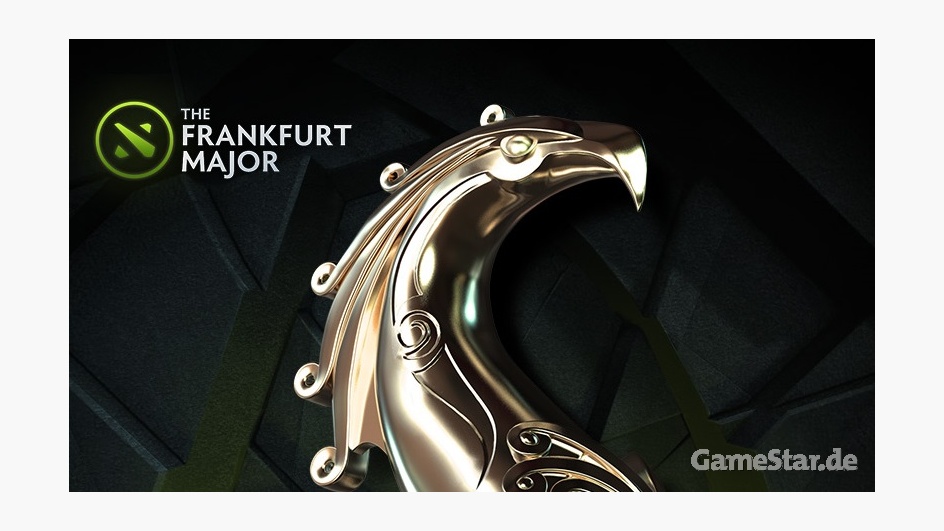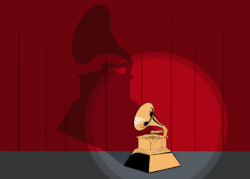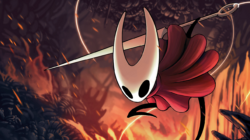Right now, 80 individuals from all over the world are making their way to Frankfurt, Germany. They come from many places: The United States, China, Russia, Sweden, the Philippines, Peru. They are competing for a chance to win over two hundred thousand dollars, but they will have all secured a cool six grand just by showing up. These young men are some of the best in the world at what they do. What do they do you might ask? Play video games.
This weekend marks the beginning of the the nine-day long Frankfurt Major, a new, seasonal Dota 2 tournament sponsored by Valve Corporation to act as a subordinate to their much larger annual tournament, The International. As the first run for their new Major system (to be followed by similar events in the winter and spring before the next International next summer), Frankfurt will be under a lot of scrutiny from the eSports community, eager to see Valve repeat its previous tournament-running successes.
Maybe I should back up. In short, Dota 2 is a free-to-play video game of the Muliplayer Online Battle Arena (MOBA) genre. It involves two teams of five players who pick from a set of over 100 playable heroes to act as their in-game avatar. Once their characters are in the arena, they will fight to burst into the opposing team’s base and destroy the structure at its center – their Ancient (hence the name: Defense Of The Ancients). If you’ve played League of Legends, Dota’s more popular little cousin, you’re already in the know.
It is a remarkably complex game, with scores of unique heroes and dozens of equippable items that allow for seemingly infinite variations from match to match. It has been noted for its incredibly steep learning curve, and the immense skill and knowledge required to play at a professional level, which is perhaps why those good enough to compete have been making so much money lately. Just as an example, this past August’s The International 5 boasted a prize pool of $18.4 million, with champion team Evil Geniuses taking home $6.6 million – split five ways, of course.
These shocking cash prizes can likely be credited with drawing mainstream attention to Dota. For the past two years, The International has received fully earnest coverage from ESPN, including a segment of an October episode of E:60 that highlighted Evil Geniuses’ championship run – conveniently capitalizing on the team’s status as the event’s first American winner. This coverage is often a little awkward and unsure what to do with itself, but one should be reminded that this still extremely new territory. It wasn’t too long ago that the full extent of mainstream eSports acknowledgement was that Koreans really liked Starcraft.
This new tournament seems to be another large step on the path towards eSport legitimacy. Valve, the developer and publisher of Dota 2, has, for the past several years, hosted only one tournament a year: The International. Monetarily speaking, it is the largest tournament in all of eSports. After the conclusion of the fifth iteration of the tournament, Valve unveiled three new annual tournaments, simply called the Majors. Along with the controversial implementation of roster locks and trade deadlines for participating teams, the Majors seem like an effort to make Dota look more like a “real sport.”
Of course, no sport, real or otherwise, would be anything without its players. Evil Geniuses, the reigning champions, will naturally be in Frankfurt, with a slightly modified roster now including Artour “Arteezy” Babaev, a cocky Canadian superstar who is widely considered one of, if not the single best player in the world – sort of like a LeBron for Dota. EG’s biggest competition in Frankfurt will probably be the new iteration of Team Secret, a European all-star team spearheaded by Clement “Puppey” Ivanov, one of the most consistently respected tacticians in the game, and Jacky “EternalEnvy” Mao, another Canadian hotshot known for his eccentric, often high-risk playstyle.
That is, of course, to say nothing of the Chinese Dota teams. China is considered by many to be the strongest “scene” in Dota, with its best teams outpacing those from Europe, the Americas, and Southeast Asia. Teams such as Vici Gaming, EHOME, and CDEC are expected to perform very well, with special attention paid to legendary players like Bai “rOtK” Fan and Xu “BurNing” Zhilei, as well as relatively new blood like Wang “Old Chicken” Zhiyong and Sun “Agressif” Zheng.
Other notable teams include Alliance, a former Swedish giant finally recovering from a long rough patch, Mineski, a scrappy Filipino team gaining traction due to their bold strategies, Team Unknown, a Peruvian team marking the first appearance of a South American representative at an international LAN tournament, and Team OG, a new European team composed of several already-popular players with high expectations to live up to.
The Frankfurt Major doesn’t represent the biggest event Dota has to offer – by design, it can’t be. Nonetheless, it does represent an effort to further legitimize the eSports scene. The next week will be something of a test flight for Valve, experimenting with a new, more involved system for professional Dota play, with perhaps the chance for even greater exposure, and thus a more vibrant, even more competitive scene. More immediately, it’s a chance to watch some really great Dota.





